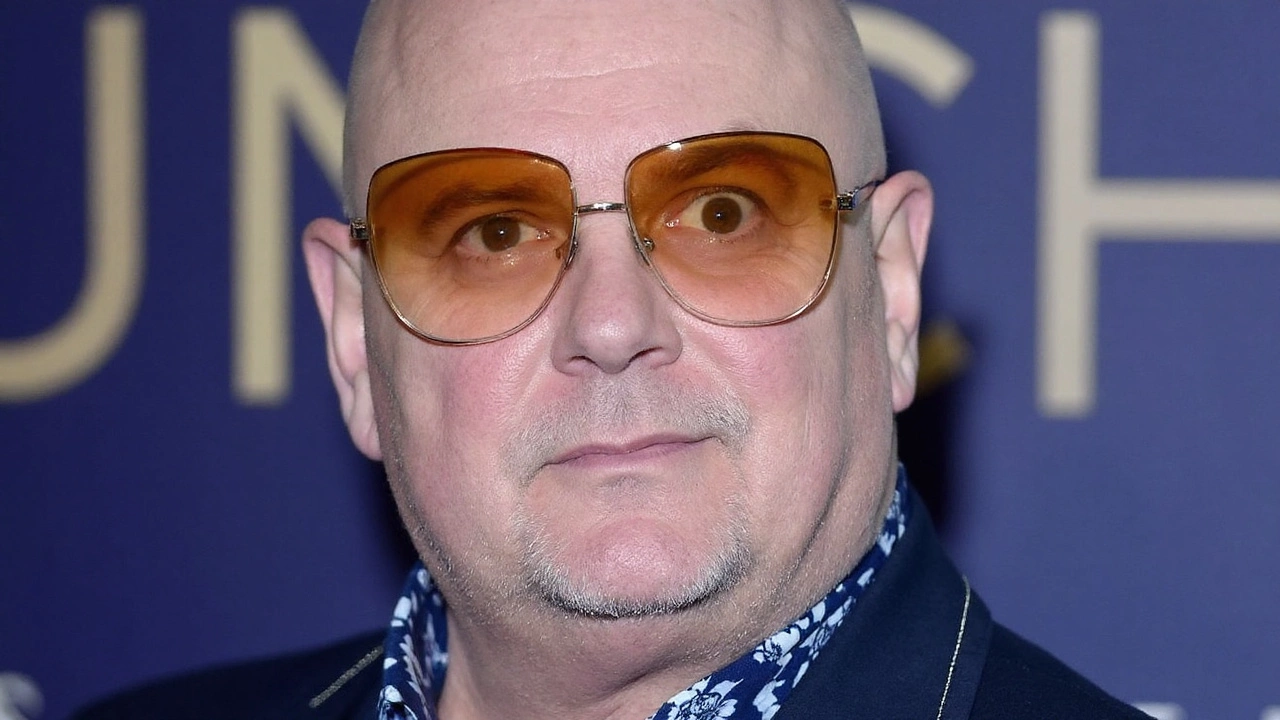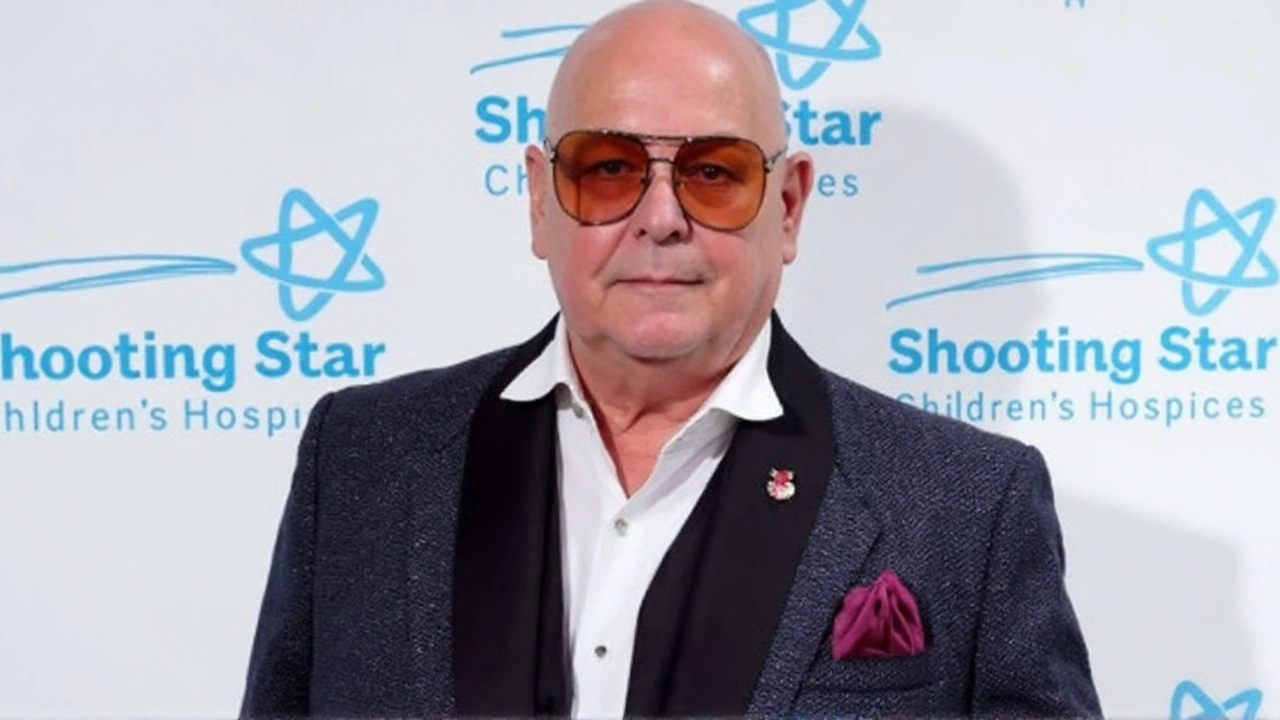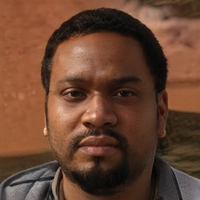A Kent farewell for a broadcaster who thrived on open lines
A volley of arrows arced over a quiet Kent churchyard as mourners said goodbye to James Whale, the broadcaster who turned late-night phone-ins into appointment listening. The James Whale funeral drew a crowd so large that outdoor seating was laid out at St Nicolas church in Sandway, near Maidstone, on September 8, 2025.
Nigel Farage and Eamonn Holmes, both familiar faces to TV viewers, were among the first to arrive, joining singer Matt Goss, comedian Bobby Davro, Christopher Biggins, and Jeremy Kyle. The turnout, a mix of household names and long-time listeners, spoke to Whale’s reach across decades and platforms.
Inside, the service was personal and plainspoken—very much in keeping with how Whale lived and worked. His son, James Junior, described the first time cancer upended the family, recalling a hospital visit when his father "had strength only to hold my hand," and how, even then, optimism won out. After his initial recovery, Whale devoted time and profile to fundraising and awareness, a commitment the family kept close during the ceremony.
The second diagnosis hit after the loss of his wife to cancer, a one-two blow that the family faced on long drives to London hospitals and nights reorganized around treatment. That thread—resilience stitched with dark humor—ran through the eulogies. The pointed, slightly mischievous flourish of arrows over the grave captured Whale’s taste for the theatrical and his instinct to leave a memorable sign-off.
Outside, after the final prayers, colleagues swapped stories about late shows that ran long, callers who wouldn’t hang up, and a host who knew how to challenge people without pushing them away. Some mourners had followed him since his earliest days in local radio; others had found him late in life on TV and digital streams, proof that his style translated across formats and generations.
What united them was the same thing that built his audience: an affection for a presenter who let silence hang just long enough, who argued hard without taking it personally, and who always sounded as if he were speaking straight down the line to one person. That intimacy is why so many people—famous or not—came to Kent to say thanks.

A pioneer who made talk radio mainstream
James Whale’s career began in the 1970s with an experiment that felt risky at the time: hand the microphone to the public and see what happens. The format, already buzzing in the United States, had no established home in Britain. Whale helped build one. By 1974, he was hosting phone-ins that cut through the usual radio polish with direct, unscripted conversation and a willingness to let callers set the pace.
That approach shaped his signature: confront the argument, not the person. He was quick, irreverent, and never afraid to challenge conventional wisdom live on air. While plenty of broadcasters have said the same over the years, Whale did it in real time and under studio lights, with no safety net and no delay long enough to hide a stumble. It was part sport, part public square.
Television followed, and with it a late-night cult audience. The show’s energy matched its host: unpredictable, often funny, sometimes spiky, always human. Guests came ready to spar or sell, and callers became characters in their own right. Whale didn’t just tolerate that; he built the hour around it, an early understanding that people didn’t want to be lectured to as much as they wanted to join in.
National radio made him a fixture. He took the phone-in format mainstream, widening the mix—politics one minute, pop culture the next—without losing the edge that made it compelling. When he crossed lines, regulators noticed. In 2008 he left a major station after a row over impartiality during a heated mayoral contest. The controversy barely slowed him down. He resurfaced on rival platforms, moved between radio and TV, and leaned into the freer world of digital broadcasting, where his unscripted style felt as natural as ever.
Serious illness reshaped the work, but it didn’t silence him. After surgery for kidney cancer early in his life, and later diagnoses that spread to other parts of his body, he kept broadcasting and talking openly about treatment. That openness mattered. It helped normalize difficult conversations about cancer, side effects, fear, and fatigue—topics listeners were often living with but rarely heard on air. He used his time to fundraise and push awareness, lending his name to campaigns that outlived the day’s headlines.
His MBE recognized both the broadcasting legacy and the charity work that followed. By then, Whale had already mentored younger presenters—sometimes directly, sometimes just by being on the dial at night, showing what was possible. The template he built is now everywhere: callers as co-authors, quick pivots from politics to personal stories, a tone that can slide from combative to compassionate in a sentence.
Industry insiders can point to a list of fingerprints he left on modern talk formats. The most obvious: the pace. Whale edited on the fly, moving from caller to caller at a clip that demanded preparation and rewarded personality. He also trusted the audience to handle disagreements, which meant more heat than polish at times, but also more honesty. And he used humor as a pressure valve, defusing spirals before they became dead air.
For listeners, the impact was simpler. You could ring a national show and be part of it. You could argue with the host and not be cut off for thinking differently. If you were nervous, he dragged you in with a joke; if you were grandstanding, he brought you back to earth. That balance—provocation without cruelty—was hard to copy and easy to recognize.
Back at St Nicolas, the details told their own story. Simple flowers. Old friends hugging new ones who had only known him through a speaker or screen. A churchyard crowded enough that late arrivals stood by the lychgate, listening to the final hymns drift out on the wind. As the service ended, applause rose—brief, warm, and a little defiant. It felt like a broadcast sign-off.
Family members and close friends left quietly. The rest lingered, swapping memories about shows that got them through night shifts, long drives, or lonely weeks. A few took photos of the church, then put their phones away. There was no shortage of public footage of James Whale. What people wanted to keep, just for a minute, was the private moment of goodbye.
The professional legacy is easier to measure. British talk radio sounds different because James Whale once decided to let callers run with it and trusted that the audience would follow. The personal legacy is harder to sum up, but it looked clear enough in Kent: a crowd that spilled outside a village church, a son’s steady voice, and a final gesture arcing into the sky.
He is survived by family who carried him through treatment and by colleagues who learned the craft by watching him push and pull a conversation live. The rest is in the recordings and in the shows that came after, shaped by a broadcaster who made the nation pick up the phone.

